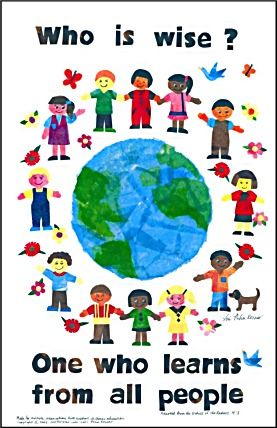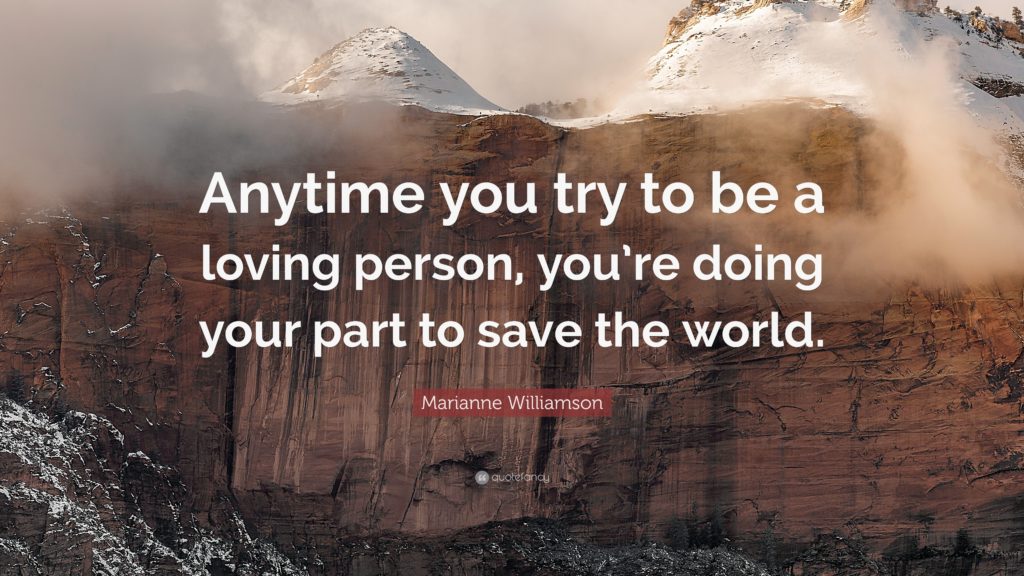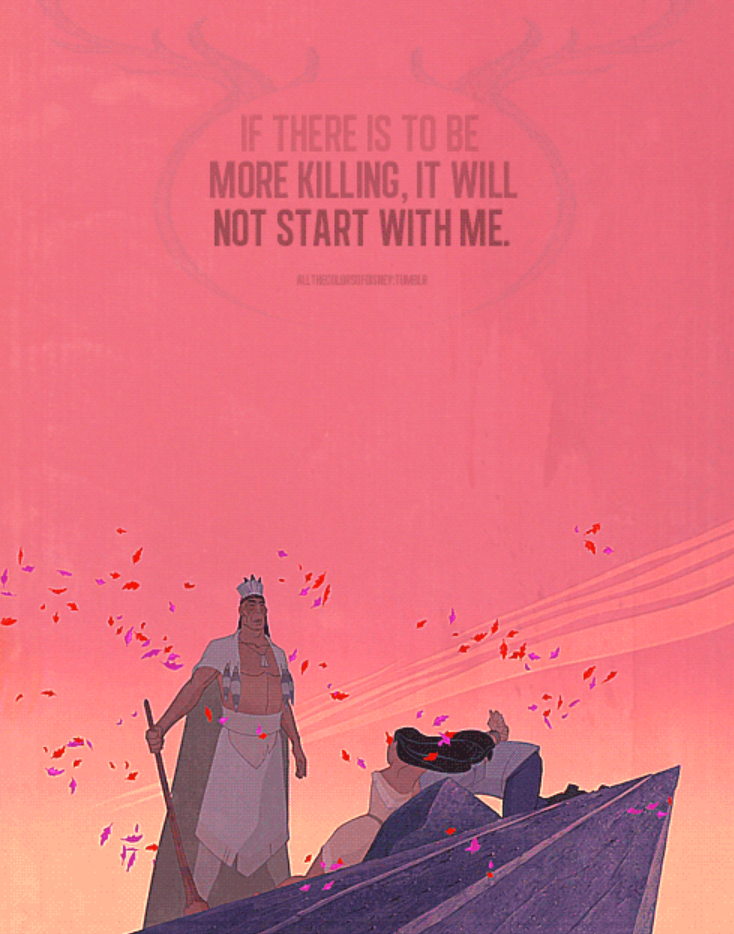
The idea of a united world sounds appealing, but many of us may question whether it’s realistic and sustainable. Spiritual leaders claim that it’s only when we can trust one another that the dream of one Earth can become a reality. By following the road to a united world, we have much to gain, both on an individual and collective level. Learn why the world is far better united than divide and how you can contribute to this ideal. (Estimated reading time: 5 minutes)
“A world united is better than a world divided, but a world divided is better than a world destroyed.”
— Winston Churchill
World peace is an age-old ideal. Some of the most prominent political and spiritual figures and humanitarians have been passionate about their support of it.
Former US president, Thomas Jefferson, said “we love and we value peace; we know its blessings from experience. We abhor the follies of war.” Indian spiritual scholar, Swami Vivekananda, who visited the inaugural Parliament of World Religions in Chicago in 1893, appealed for cooperation by highlighting the underlying unity between religions.
Other spiritual leaders like the Dalai Lama and scientists like Stephen Hawking have called for efforts in unifying all the global powers to work towards fostering peace and collaboration for common goals to promote progress.
In theory, the idea of a united world sounds appealing, but the pragmatic side of us might question whether it’s realistic and sustainable given the complexity of local and international issues.
There are currently seven billion people on the planet from different countries with different customs, political ideologies, and social codes, all of which inform their unique perspectives.

The bottom line is that there’s far too much diversity for perfect unity under a single, global government system. Moreover, humans have a tradition of dividing into groups and making decisions at a regional level – from the tribal groups of pre-history to more recent examples, such as the division of the Soviet Union.
Every country and sub-group within those nations have competing needs, and it would be challenging to align those needs with the common interests of a world government. Yet the intergovernmental organization, the United Nations (UN), since its inception in 1945, has had some success in addressing global problems and pooling resources to overcome those issue.
The UN and its agencies are probably the closest thing that we have to a world government. Some of their significant achievements include reducing the number of people living in extreme poverty and cutting child mortality rates by half since 1990.
However, with the rise of nationalism in Europe and the U.S., the bigger players are choosing to spend their energy and money on domestic affairs. The fear-based rhetoric coming from global leaders has triggered hostility against foreign nations, resulting in the tightening of borders and a general feeling of mistrust.

I believe that the energy we use to build walls and armies could be put to better use in creating mutually beneficial policies and in aiding efforts to promote world peace. We can take constructive action by addressing the root cause of our fears. This will enable us to overcome our prejudices and see other people for who they are, regardless of their religion, country, race, or sexual orientation. Getting past these barriers will open the door to trust and understanding.
We also need to elect leaders with an inclusive mindset who can guide us away from an ‘us vs. them’ mentality and toward one of tolerance. Like the Chief Powhatan in the Disney movie Pocahontas, who chose to lay down his weapon after an altercation with the English settlers.
After listening to his daughter, Pocahontas’s plea for a peaceful resolution, he was able to see the goodness in those he had previously considered enemies. He declared to the waiting armies, “we have all come here with anger in our hearts, but she comes with courage and understanding. From this day forward if there is to be more killing, it will not start with me.”

When we can trust one another, the dream of one Earth can become a reality. By following the road to a united world, we have much to gain, both on an individual and collective level.
Here are four main reasons why the world is far better united than divide::
1. Every country will benefit from the effort: When various countries get together under an agreement to create policies that will benefit all members, it boosts the conditions in all the countries that participate. For example, one of the most significant benefits of being a member of the European Union (EU) is that they are free to trade with other members without incurring taxes that other countries are subject to. In turn, this keeps the price of food and goods down. In the event that a country faces a crisis, such as a natural disaster or war, the other nations can marshal resources to help the nation recover. We saw this happen in the Syrian refugee crises in 2018, and the U.S.A for Africa movement which raised more than $100,000,000 to help alleviate poverty in Africa.
2. We’ll make advancement as a global community: If we allow free movement of people and capital between countries, we not only improve economies but boost innovation. We can make tremendous progress in the fields of science and technology when we combine our efforts in advancing in those areas. For example, NASA launched The International Space Station (ISS) Program in 1998, which involve countries like the U.S., Russia, Canada, Japan, and the participating countries of the European Space Agency. They describe it as ‘one of the most politically complex space exploration programs ever undertaken.’
3. Co-operation will make it easier to tackle critical world issues: When countries come together peacefully, they have the opportunity to discuss common problems, such as climate change, the threat of nuclear war, environmental damage, and overpopulation. Through cooperative efforts, countries can assemble this combined knowledge to construct policies that will help alleviate or avoid these conditions. It’s only when we’re all on the same page that we can take meaningful steps toward creating lasting change to turn our ship to move in a better direction.
4. There will be more harmony, goodwill, and understanding: When countries all over the globe are guided by a shared vision and goals, the process will instil a sense of harmony and understanding in all involved. These positive relationships will raise the vibration of the global consciousness to one of love and peace. When we’re open to dialogue and communication, we’ll be kinder to one another and strive to understand instead of fear those who are from other backgrounds. Singer and humanitarian, Jimi Hendrix, once said, “when the power of love overcomes the love of power, the world will know peace.”
It may seem as if you, as an individual, can’t really do much to bring nations together, and that the power lies with leaders and governments. But that’s far from the truth. In our connected age, you can take advantage of the global platform the internet offers to spread these ideals. In doing so, you’ll set an example for everyone else to follow.
All my best on your journey,
Seline

Reflection Question: Do you agree that the world is better united than divided? Why or why not?
Did you like this post? Sign up below and I’ll send you more awesome posts like this every week.

We are always better off together than alone. The Bible even says as much- “Though one may be overpowered, two can defend themselves. A cord of three strands is not quickly broken.” So when we are united we are stronger than when we are doing things on our own. Uniting for a common goal or purpose is usually better than struggling on your own!